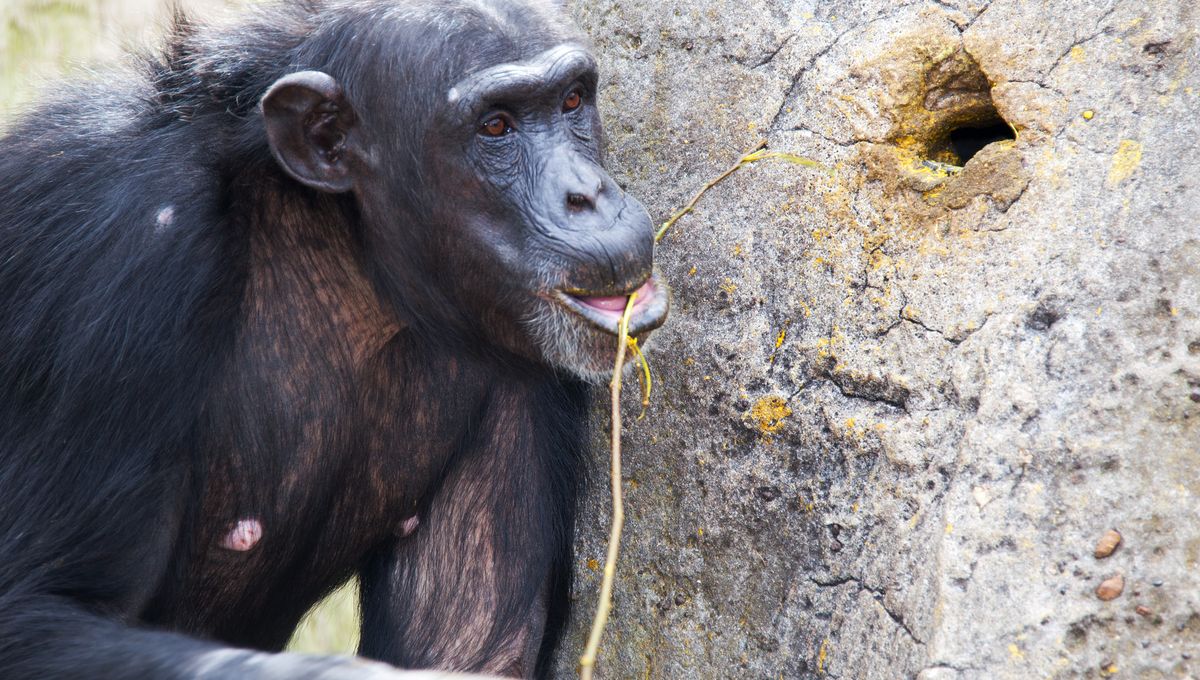
In our attempts to identify how human culture differs from that of other animals we have been focusing on the wrong things, a new paper argues. What is distinctive is how flexible our culture is, allowing development in many directions, rather than a capacity to build on previously transmitted cultural behaviors.
Humans have spent so much intellectual effort trying to work out what makes us unique, it’s almost like we have a complex about the topic. Over the years, one characteristic after another that was proclaimed as distinctly human has turned out to occur in animals, sometimes quite widely. Once we’ve ruled out reasoning, tools, fire, laughter, theory of mind, and cultural transmission, what is left?
“Ten years ago it was basically accepted that it was the ability of human culture to accumulate and evolve that made us special, but new discoveries about animal behavior are challenging these ideas and forcing us to rethink what makes our cultures, and us as a species, unique,” said Dr Thomas Morgan of Arizona State University, Tempe in a statement.
Some people would take this observation and argue that humans are not in fact unique, that we’re just one animal among many, albeit one whose tools are noticeably more complex. Morgan and co-author Professor Marcus Feldman of Stanford disagree. They note that humans have achieved an ecological dominance that sets us apart. In a world where humans and our livestock now make up 96 percent of mammalian terrestrial biomass, leaving just 3 percent for lions, tigers, bears and everything else, it’s a convincing case.
Much as our individual intelligence has contributed to us reaching this point, it’s definitely not the whole story. Our dominance is a product of thousands of technological advances, with no single individual responsible for more than a few. Our culture allows us to collect together these achievements and build on them; as Morgan says, it was thought few if any animals could do this.
Morgan and Feldman spend some time in their paper collecting examples from across the animal kingdom to show that social animals also accumulate culture, albeit sometimes in ways we may not immediately recognize. Having rebutted the cumulative hypothesis, they consider seven alternative theories of how human culture differs from that of animals, and reject each, before presenting their own explanation: that it is the open-endedness of human culture that sets us apart.
One example the pair use to show animals can have cumulative cultures comes from leafcutter ants, which depend on farming a fungus for nutrients. Future queens take some fungus with them when they go to start a new colony. The symbiotic relationship means the fungus they use has evolved over millions of years and is now substantially different from those that exist ant-free. The fungus is part of the ants’ culture, and the cumulative changes in its genome have made it more suited to colony success. This also refutes an alternative version of the cumulative culture hypothesis, that it is our capacity for reliable transmission of changes that sets our culture apart.
If you’re struggling to consider a fungus a form of culture, consider that among the master toolmakers, New Caledonian crows, those living in some regions make more complex tools than others. It’s unlikely there are major genetic differences that could account for this; instead, crows in some parts of the island probably developed a culture of more advanced tool-making. Even clearer regional differences exist among chimpanzees when making termite-catching tools.
Where human culture differs from that of animals, Morgan and Feldman argue, is in the flexibility it displays in the sort of new behaviors it can incorporate. Animals can develop cultures for confronting predators, for example, but these tend to come from a narrow range of possibilities. When inheritance is epigenetic, it can only work on the genetic range available to it. Likewise animal cultures find ways to more efficiently exploit natural phenomena, but humans have demonstrated our capacity to adapt our culture to circumstances unlike anything we have encountered before.
Summarizing all the theories the authors consider, let alone the astonishing examples they offer to refute them, would require a much longer article.
Fortunately, the study is published open access in Nature Human Behavior.
Source Link: The Difference Between Human And Animal Culture Is Not What We Thought